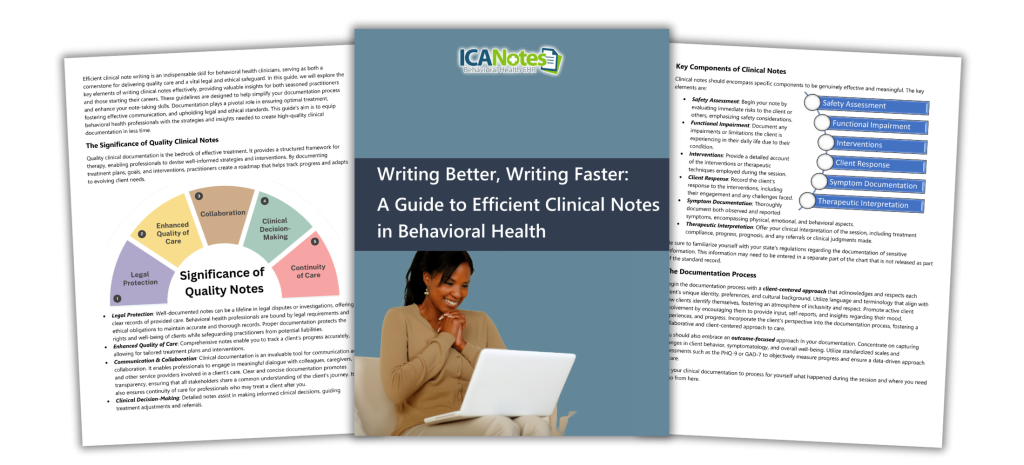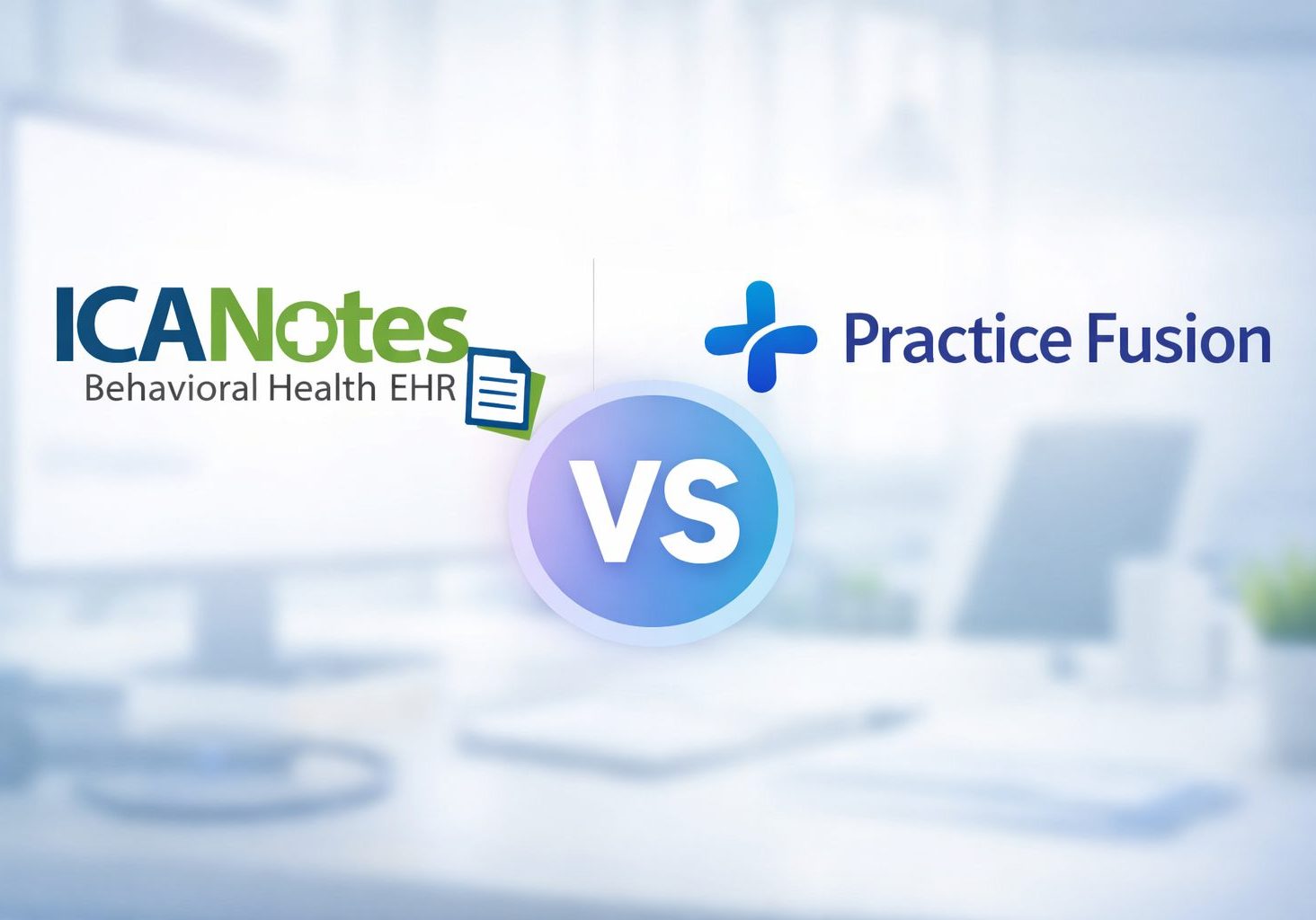
Importance of Mental Health Notes
For behavioral health professionals who see patients with insurance, the importance of progress notes for insurance claims is a topic that raises many questions. Even for therapists who choose not to take insurance, there are a host of professional, legal and ethical reasons to write up treatment plans and regular progress notes in a manner that can stand up to a third-party audit.
To be clear, unlike psychotherapy notes — which are intended as a treating professional’s separate personal notes and protected under HIPAA privacy rules — progress notes form a legal record of a patient’s assessment, diagnosis, treatment and progress while under a provider’s care. Although any professional can get behind in documentation, it’s highly advisable for accuracy and precision to write up progress notes as soon as possible following each treatment session.
Why Therapy Progress Notes Are Important for Insurance
Since insurance companies are in the business of ensuring covered patients receive only the treatment they absolutely need from qualified professionals at a fair price, progress notes are a crucial way for insurance reviewers to determine whether or not to approve, extend or discontinue a particular treatment plan. It should also be noted that in many circumstances, such as workman’s compensation and other legal cases, a counselor’s progress notes can be requested, subpoenaed or audited.
Especially in the realm of behavioral health, where a single patient can have multiple mental health issues, diagnoses and treatment plans — for example, substance abuse treatment plus therapy for depression — progress notes help insurance companies make all-important decisions about which treatments to approve or deny.
Learn More About Working with Insurance
Watch our On-Demand Webinar
What Insurance Companies Need From Progress Notes
What do insurance companies need from progress notes? And more to the point, what are insurance reviewers looking for in progress notes when making coverage decisions?
Before delving into individual aspects of progress notes, it’s important to understand the best progress notes follow a recognized and widely accepted format, such as SOAP (Subjective, Objective, Assessment and Plan). For more information on the basics of notetaking, check out The 10 Essential Elements of Any Therapy Note.
In addition, insurance companies will typically be looking for information regarding the following topics:
- Thorough Assessment: Depending on a patient’s situation, a healthcare provider must conduct due diligence in assessing them to determine what issues need treatment. Remember that without a thorough assessment, rushing to treat a patient can leave the entire treatment plan at risk of not being approved by an insurer.
- Diagnosis Justification: Following any clinical assessment, a counselor needs to document the patient’s diagnosis. This is important, as insurance reviewers are highly sensitive to recognizing cases of over or underdiagnosing. The rule of thumb for recording all diagnoses is to keep them clear and justified at all times.
- Issues Addressed: It’s important to keep a current overview of the problems that need to be addressed during treatment to ensure they pertain to the diagnosis. If these issues change over time, it may be necessary to re-evaluate the diagnosis.
- Identified Plan: In addition to a diagnosis and the issues that need to be addressed, insurers want to see a feasible treatment plan — preferably with a timeline — to help the patient overcome or manage their symptoms.
- Qualified Service: Is the service you’re providing to your patient precisely what they need? For example, if you have a patient who suffers from substance abuse disorder, are you qualified to treat that?
- Progress Update: When treating a patient, you need to note down during each session whether or not they’re making progress, as well as what factors could be contributing to their situation.
Download our Free Guide to Writing Better Notes
This resource is essential for any clinician looking to save time while maintaining high standards in documentation. This guide covers streamlined note-writing techniques, and best practices for organizing progress notes and treatment plans.

ICANotes — Helping Behavioral Health Professionals Keep Timely, Comprehensive Progress Notes
For psychologists, psychiatrists, counselors and other mental health providers, ICANotes provides an intuitive platform for making progress notes in a time-saving yet comprehensive fashion. Why risk insurance denials or HIPAA compliance issues when ICANotes can help you with all your patient documentation?
To learn more about our content engine designed specifically for mental health professionals, contact us.












